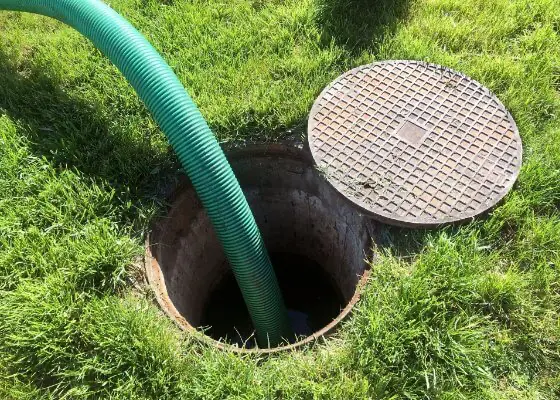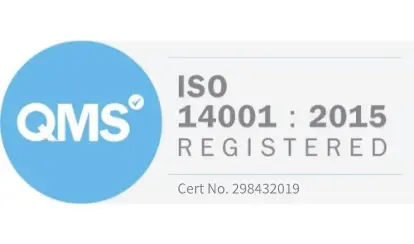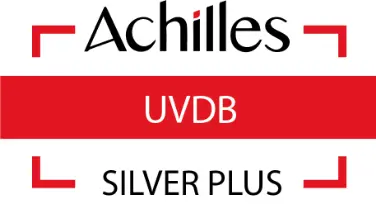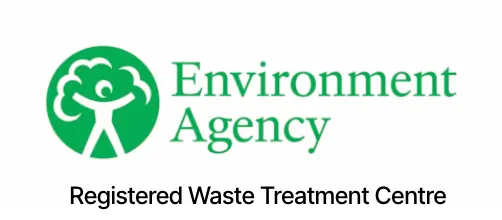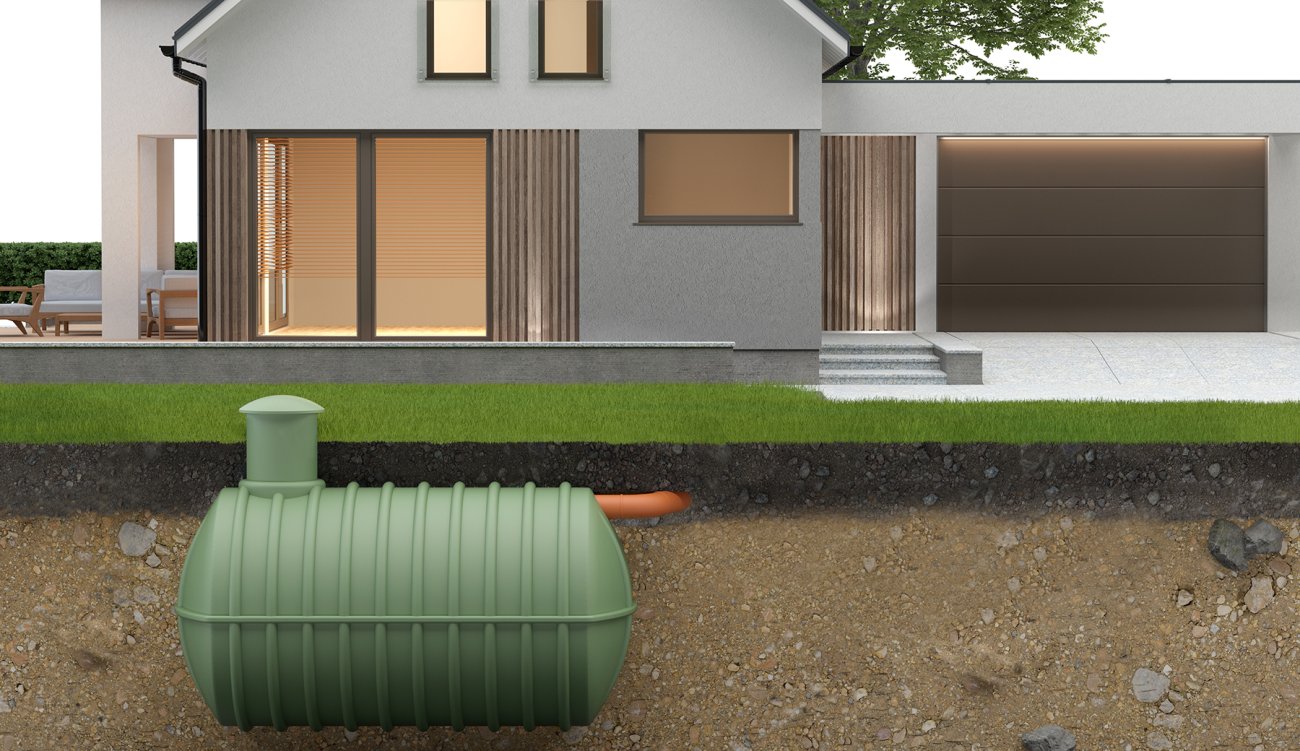
What is a septic tank?
A septic tank is a two or three chamber system which retains sewage from a property for sufficient time to allow the solids to form into sludge at the bottom of the tank. This is where the sludge is naturally broken down. The remaining liquid, or effluent, in the tank then drains from the tank via an outlet pipe.
Septic tanks are usually installed where there is no mains drainage available. Most septic tanks are buried in the ground.
How often should I empty my septic tank?
Most septic tanks, cesspits and treatment plants should be emptied on a yearly basis as recommended by The Environment Agency.
What is the difference between a septic tank and a wastewater treatment plant?
Small treatment plants usually have access to a supply of electricity which drives a small pump to aerate the wastewater. Septic tanks have no power demand and no moving parts, so they are cheaper to buy, install and run, but the final effluent will not be as high quality. The effluent from a septic tank will always require further treatment in a soak away.
Why do you need to empty a septic tank?
Sludge at the bottom of the tank will build up over time, so needs to be taken out of the tank. We will take the sludge, and put the watery effluent back in, which is good, because that effluent contains billions of the good bacteria necessary for your tank to work.
Is it ok to have scum on the top of my tank?
Yes, as long as it is liquidy. This scum consists of Fats, Oils and Greases, from cooking and washing up etc. Over time the enzymes will break them down. If the scum gets too thick, it can dry out and get solid. This stops air getting to the effluent. The microbes in the effluent work better if they have access to oxygen from the air. If the scum is hard and dry, it’s probably a sign that you should get you tank emptied.
Is there anything I shouldn’t flush down the toilet or pour down the sink?
Bleach or any “biocide”, paints, solvents or caustics. Try and limit the amount of kitchen fats and coffee grounds to a minimum. Your septic tank is a biological solution for treating biological waste. It cannot cope with physical blockages, so cigarette ends, sanitary products, balls of hair and any paper other than soft tissue will cause a physical blockage that will require unblocking. Here is a more detailed list:
- Feminine hygiene products
- Wet wipes or baby wipes
- Condoms
- Fats, grease and oils
- Food waste
- Kitchen roll
- Aggressive cleaning agents like bleach
One of the best ways to reduce grease and fats getting into your tank is to wipe dishes with kitchen roll and then put that kitchen roll in the bin. Then when you wash your dishes they will have less oil on them which will keep your septic tank in better condition.

